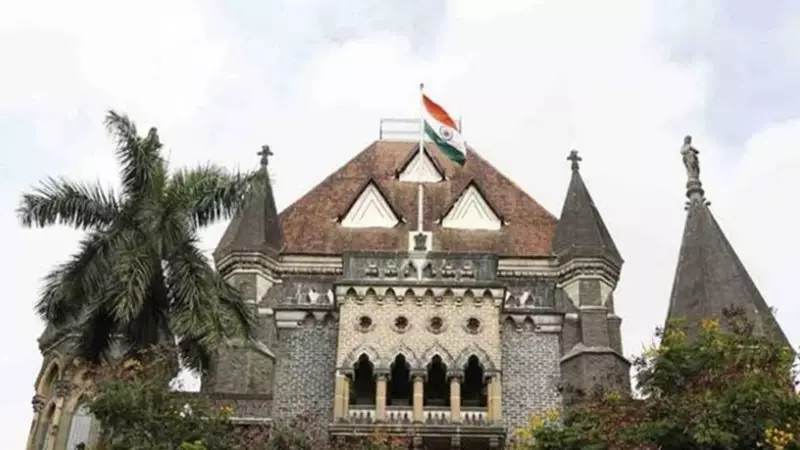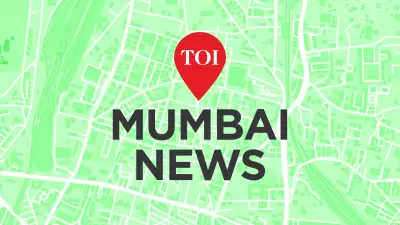
Bombay High Court Intervenes in Imperial Towers Dispute
In a significant development for South Mumbai's luxury real estate sector, the Bombay High Court has provided temporary relief to 48 flat owners of 'The Imperial' twin towers in Tardeo. The court has restrained the developer, S.D. Corporation Pvt. Ltd, from carrying out any construction that deviates from the sanctioned layout plan dated December 2009.
Legal Battle Over Unauthorized Construction
The existing homeowners approached the court with serious allegations against the developer. They claimed that S.D. Corporation had overreached project regulations by proposing additional towers within the layout and planning extra flats in existing structures. The legal battle reached its crucial phase when Justice Sandeep V. Marne delivered a comprehensive 170-page judgment on Tuesday, November 12, 2025.
The court order revealed that the developer was now planning construction of a fifth building called 'Town House' and had "brazenly proposed to feed the refugee and other areas of the existing twin towers with Floor Space Index (FSI) by constructing additional flats therein." This move would have significantly altered the original project specifications.
Historical Context and Irony
Justice Marne's judgment highlighted the ironic background of The Imperial project. The ultra-luxurious twin towers, once crowned as India's tallest building and known for their distinctive spires and glass enclosures, emerged from incentives offered for slum rehabilitation.
The court noted that "the swanky skyscrapers of 'The Imperial' have thus emerged by utilization of incentives received towards rehabilitation of slum dwellers while implementing a slum scheme." The developer received permissions to sell some flats to recover expenditures incurred while constructing tenements for slum dwellers.
25-Year Delayed Project Creates Developer Bonanza
The judgment exposed how the developer kept the slum scheme incomplete for over 25 years while constructing unplanned structures. Originally envisaged as a three-tower layout, the developer built only two towers (A and B) by 2014, while keeping specifications for the third planned tower under wraps.
Justice Marne observed that "keeping the slum scheme pending for over 25 years, clubbing the same with another slum scheme at Wadala and various changes in FSI norms occurring in the interregnum, appears to have resulted in a bonanza for the developer." This delay armed the developer with massive sanctioned sale component built-up area that became difficult to consume entirely in the third planned tower.
Court's Decisive Ruling
The plaintiffs, represented by senior advocates Pravin Samdani, Prateek Seksaria and Simil Purohit, successfully argued that using excess FSI to construct 'Town House' and additional flats violated the Maharashtra Ownership of Flats Act (MOFA), 1963. They contended this was an attempt to "encash the opportunity created on account of delay in completion of slum scheme."
Justice Marne held that the plaintiffs made out a strong prima facie case and granted injunction to restrain defendants from constructing Tower-C building by exceeding sale component Built Up Area of 38,581.64 square metres. The court also restrained construction of the fifth building 'Town House' from being attached to the podium or any part of Towers A, B and C.
The judge concluded that plaintiffs would "suffer irreparable loss" without the interim order while "no serious loss or prejudice would be caused to defendants" by the same. This landmark decision sets an important precedent for real estate development regulations in Mumbai.





